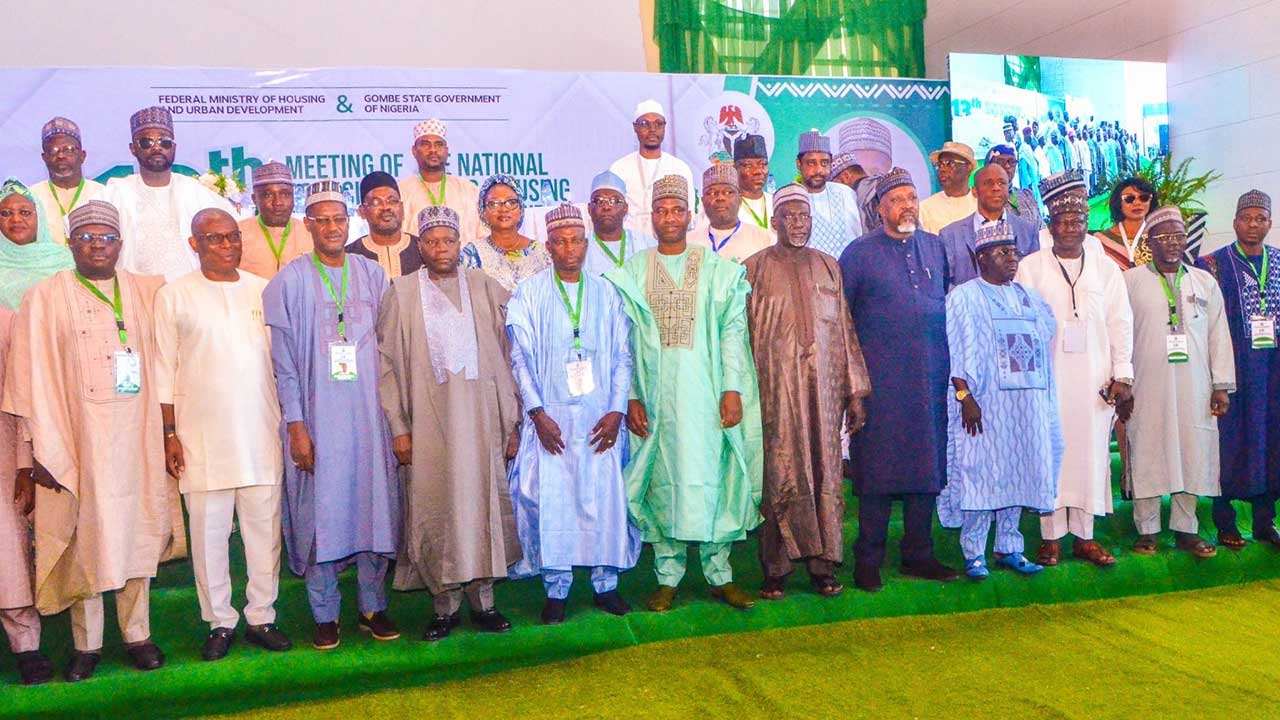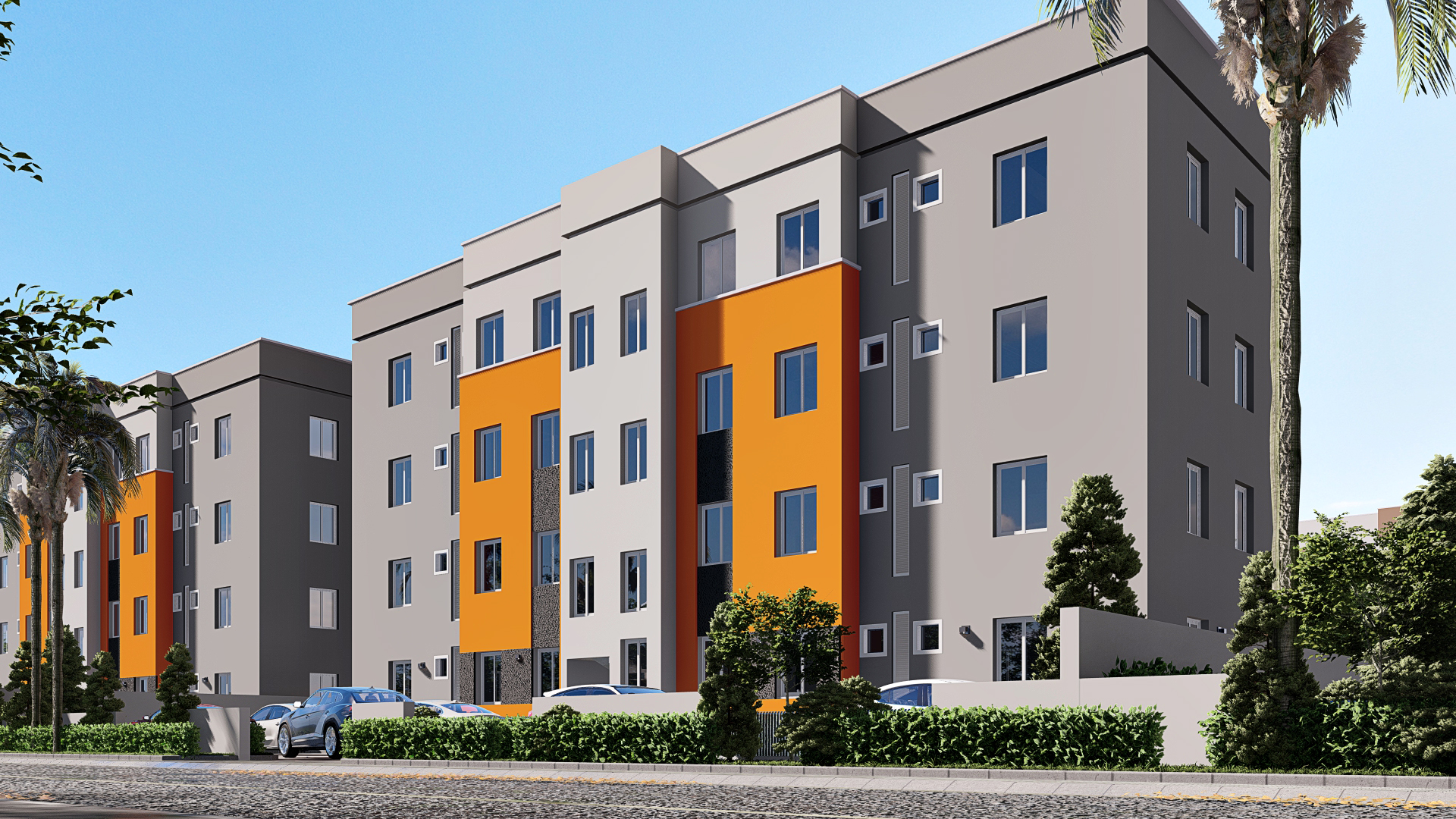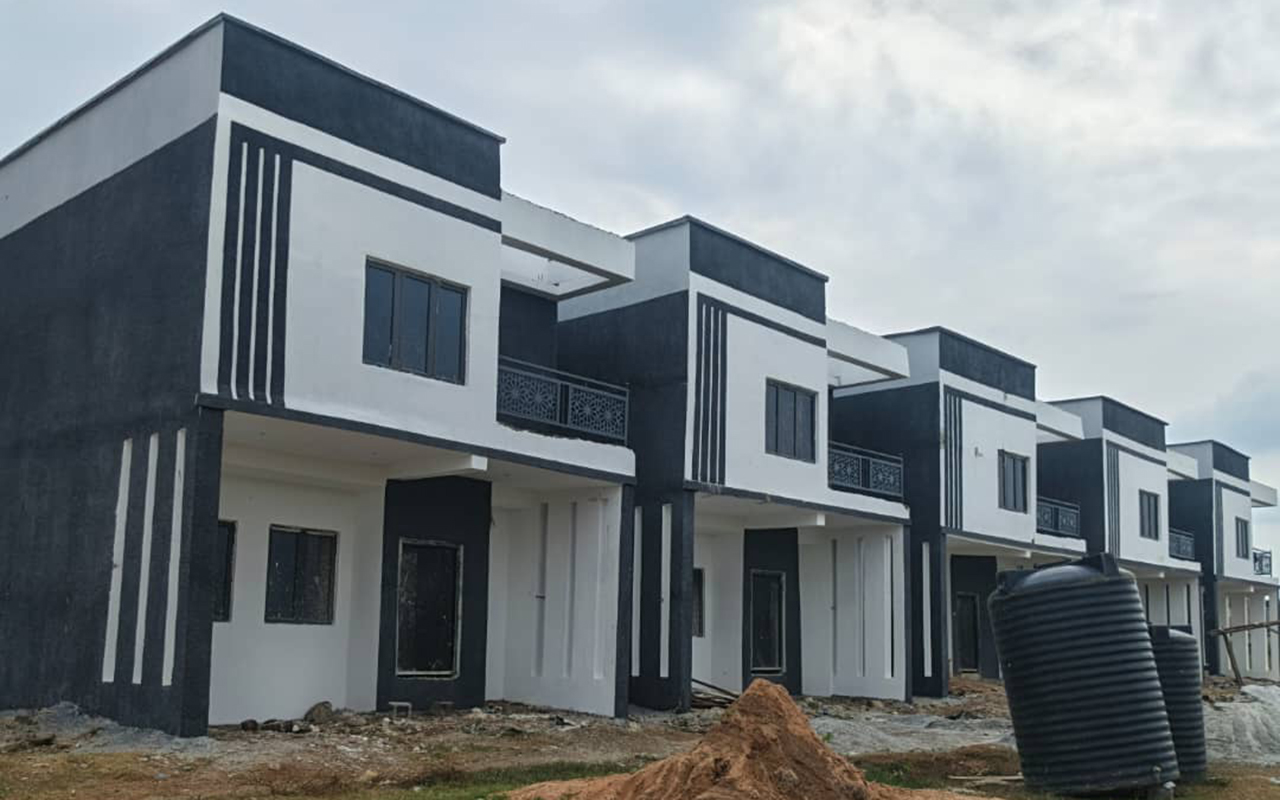
• Approves monthly, quarterly, yearly rental system
Following recurring tenancy disputes and ‘rental fraud’ permitting the society, the 13th Meeting of the National Council on Lands, Housing and Urban Development has approved the country’s monthly, quarterly, and yearly rental payment system.
The meeting urged the domestication of the policy on compulsory fulfilment of house rent obligation, despite the pendency of court cases, in the States of the Federation and the FCT to ensure that investors in the housing sector are not discouraged due to unwholesome court practices by some unscrupulous tenants.
The council also sought state executive and legislative implementation, stressing that property rent payments are due regardless of any disputes or court cases related to the tenancy and that tenants facing financial difficulties may request a payment plan.
The council agreed that such requests would be considered on a case-by-case basis but would not exempt the tenant from the obligation to pay rent. They advised tenants to seek resolution of disputes through mediation or negotiation while continuing to meet their rent obligations.
The meeting attended by stakeholders from the 36 States of the Federation and the Federal Capital Territory in Gombe, themed; “Housing the Future: Affordable Housing for Economic Growth, Climate Resilience and Urban Development” deliberated and adopted policy measures towards the provision of affordable housing for economic growth, climate resilient and urban developed society.
The stakeholders also approved the formal adoption of the Green, Resilient, and Inclusive (GRI) framework by Federal Housing Institutions and the Federal Ministry of Housing and Urban Development and pilot geospatial projects to address challenges like traffic management, flood risk mitigation, and green space conservation.
In the communiqué signed by the Minister of Housing and Urban Development, Ahmed Dangiwa, the council approved that government at all levels should take deliberate steps towards promoting active collaboration with multilateral organisations in recognition of its vital role in fostering sustainable urbanisation and climate-resilient housing, as well as gain financial and technical resources.
The stakeholders approved that the Federal, State and local councils should integrate climate resilience and sustainability plans into future housing projects executed in Nigeria, with support from multilateral partners.
Also, the council urged the government at all levels to develop a robust legislative framework that supports streamlining equitable land access, while urging the Federal Ministry of Housing and Urban Development (FMHUD) to initiate action to review the 2012 National Housing Policy, which among other things mandates governments at all levels to allocate at a fair price, 20 per cent of developable lands to low-income earners and provide them with credit facilities to help develop these lands within a specified period.
The delegates urged the States of the Federation to support the plan to review the Land Use Act (land reforms) and called on stakeholders to support the initiative to prepare a national strategy for the management of slums in Nigeria. The meeting called on the FMHUD to establish two additional building craft training centres in the North-West and South-South and upgrade the existing centres in Lagos, Kuje, Damaturu, and Ikeduru in Imo State.
The council encouraged partnerships between local councils and other stakeholders in the housing sector to promote the utilisation of Public Private Partnership (PPP), housing micro-finance, and community land trust to lower costs and increase access to affordable housing.
They also encouraged local councils to create new towns equipped with infrastructure such as banks, shopping malls, hospitals, markets, and transport facilities among others, as well as initiate collaboration with the Ministries of Agriculture to leverage their support and expertise to handle the agro production and management aspect of the agric-villages, while housing corporations handle the construction aspect.
Besides, the council urged the government at all levels to provide more funding to the housing sector and social housing provision, especially local councils to engage fully in social housing provision and site and services schemes.
The stakeholders also encouraged states to create land banks for social housing provision and urged the government at all levels to allocate a percentage of the budget for social housing provision, as well as formulate supportive policies and incentives for developers and homeowners to adopt sustainable building practices.
The council further urged the government at all levels to pilot the inclusive social housing scheme through the PPP model with inclusive innovation labs, and urged the Federal Ministry of Finance to regulate the importation of building materials that are readily available locally through high taxes and outright bans; supports the quest for institutions to develop indigenous alternatives and natural green building materials for affordable housing delivery in the country.
They encouraged surveyor generals at all levels to produce geo-spatial maps and data of flood plain zones to guide designers, developers and regulators in building rights to mitigate the effect of flooding in Nigeria, as well as encourage state governments to streamline and digitalise land titling and registration system to reduce delays, corruption and barriers to entry.
The council further urged regulatory and professional bodies to develop a checklist to facilitate open dialogue with stakeholders to pave the way for enhanced safety standards in the construction industry.
The council also wants the issuance of an Executive Order on compliance of all building construction with the provision of the National Building Code (NBC) and encourages the enactment of a law to enforce the provisions of the NBC. It urged the FMHUD to reconstitute the NBC Advisory Committee with a mandate to perfect the legal framework at the National Assembly.
The council also urged the government at all levels to put in place measures that will mitigate against building collapse by enforcing the building code, the Construction, Health, Safety and Environment (CHSE) Law that stipulates the roles of each stakeholder in building and engineering construction.






